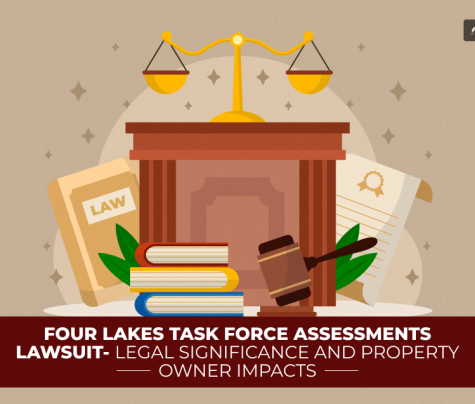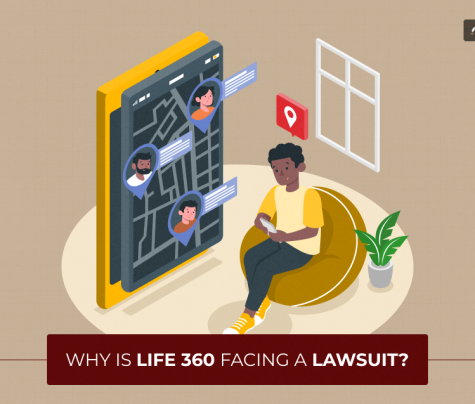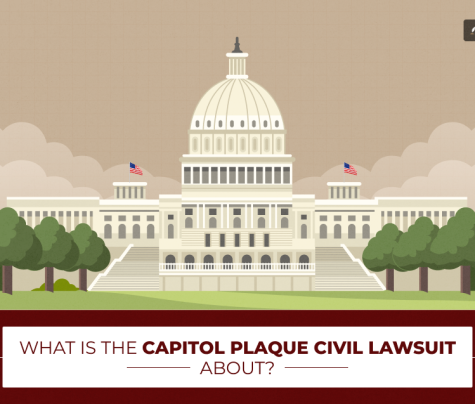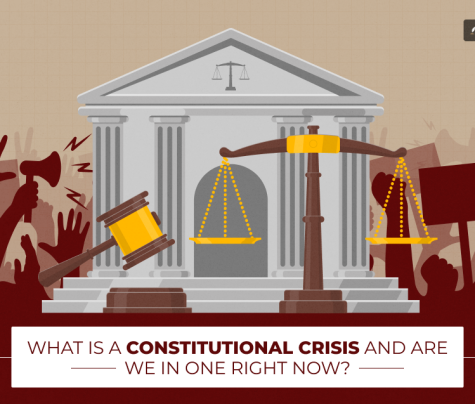
In legal battles, the outcome often hinges on more than just the strength of your arguments. A powerful ally can significantly tip the scales in your favor. This is where the concept of collaboration becomes invaluable.
Collaboration in legal cases involves working with other parties, such as experts, witnesses, or opposing counsel, to achieve a common goal. This approach can offer numerous advantages, from strengthening your case to reaching faster and more equitable resolutions.
By understanding the power of collaboration, you can increase your chances of success in legal matters.
In this blog post, I will explore how collaboration can benefit your case and provide practical tips for building effective partnerships. So, if that is what you are planning to know, you have reached the right place…
Understanding the Power of Collaboration in Legal Cases

Collaboration is the art of working together towards a common goal. When it comes to legal cases, this can mean partnering with experts, witnesses, or even your opposing counsel to achieve a favorable outcome.
But why is collaboration so powerful? Allow me to explain:
1. Enhanced Expertise
When you collaborate with experts in their fields, you bring a wealth of specialized knowledge to your case.
Whether it’s a forensic scientist, a financial analyst, or a medical professional, their insights can provide crucial evidence and strengthen your arguments.
For example, a forensic expert might be able to identify a piece of evidence that you overlooked, or a financial analyst might be able to uncover hidden financial transactions that support your claims.
2. Increased Credibility
A strong case relies on credible evidence. By working with reputable experts and witnesses, you can bolster the credibility of your claims.
This can significantly impact the judge or jury’s perception of your case. For instance, if a well-respected expert testifies on your behalf, it can lend weight to your arguments and make them more persuasive.
3. Stronger Arguments
Collaboration allows you to combine different perspectives and ideas. By working together with others, you can identify weaknesses in your case and develop stronger arguments.
This can help you anticipate counterarguments from the opposing side and prepare effective responses.
For example, if you work with a seasoned attorney, they may be able to point out potential flaws in your argument and suggest ways to strengthen it.
4. Faster Resolutions
In some cases, collaboration can lead to faster and more efficient resolutions.
By working together with opposing counsel, you may be able to negotiate a settlement agreement that avoids the time and expense of a lengthy trial.
This can be particularly beneficial for parties who are eager to resolve their dispute quickly and avoid the stress and uncertainty of litigation.
5. Improved Relationships
Building positive relationships with other parties involved in your case can have long-term benefits.
By fostering a collaborative environment, you can create a more amicable atmosphere and potentially avoid future conflicts.
For example, if you develop a good rapport with your opposing counsel, it may be easier to negotiate settlements in the future or resolve disputes amicably.
Choosing the Right Lawyer Affects the Power of Collaboration
The power of collaboration in legal cases is undeniable, but it’s not just about working with experts and witnesses. The choice of your lawyer also plays a crucial role in fostering effective collaboration. A skilled and experienced attorney can help you build strong partnerships, negotiate favorable deals, and ultimately achieve a better outcome.
1. Effective Communication
A good lawyer is an excellent communicator. They can effectively convey your needs and goals to other parties involved in the case.
This open and honest communication is essential for building trust and fostering collaboration.
For example, a lawyer might be able to negotiate a settlement agreement that meets your needs by clearly articulating your position and understanding the other side’s perspective.
2. Expertise and Experience
A lawyer with relevant expertise and experience can significantly enhance your case.
They will have a deep understanding of the legal issues involved and can provide valuable insights and advice. This knowledge can help you make informed decisions and build a strong case.
For instance, a lawyer who specializes in personal injury law will have a better understanding of the relevant laws and regulations, which can help you maximize your potential recovery.
3. Strong Negotiation Skills
A skilled negotiator can be invaluable in legal cases. They can help you reach favorable agreements with opposing parties, whether it’s a settlement or other arrangement.
A good lawyer will know how to leverage their bargaining power and negotiate effectively to achieve the best possible outcome for you.
For example, a skilled negotiator might be able to secure a higher settlement amount than you initially expected by using strategic tactics and persuasive arguments.
4. Collaborative Approach
The lawyer you choose should have a collaborative approach to their work. They should be willing to work with you and other parties to find mutually beneficial solutions.
A lawyer who is inflexible or adversarial may hinder collaboration and make it more difficult to achieve a favorable outcome.
For instance, a lawyer who is always looking to win at all costs may be less likely to consider compromise or alternative solutions.
5. Trust and Rapport
Building trust and rapport with your lawyer is essential for a successful collaboration. You should feel comfortable discussing your case with your attorney and confident in their ability to represent your interests.
A strong attorney-client relationship can help you navigate the legal process with greater ease and confidence. For example, if you trust your lawyer, you may be more likely to share sensitive information that could be crucial to your case.
The power of Collaboration is the Key to Success
In conclusion, collaboration is a powerful tool that can significantly improve your chances of success in legal cases.
Therefore, you must understand the benefits of working together and building effective partnerships. In this way, you can enhance your case, strengthen your arguments, and achieve a more favorable outcome.
Additionally, choosing the right lawyer is a critical step in maximizing the power of collaboration in legal cases.
A skilled and experienced attorney can help you build strong partnerships, negotiate favorable agreements, and achieve a better outcome.
By carefully considering these factors, you can select a lawyer who will be a valuable asset to your case.
Read Also:
- How To Market Your Law Firm Online? – In 10 Easy Steps
- Everything You Need To Know About Hiring The Best Law Firm










0 Reply
No comments yet.